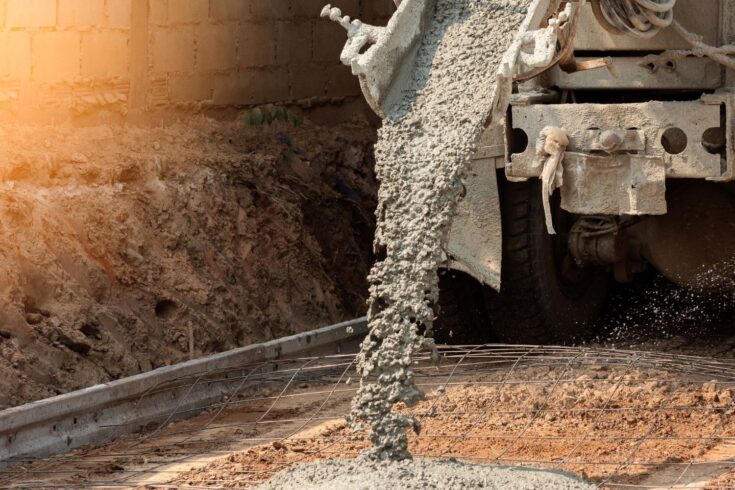Commissioned by Innovate UK, BRE Group have undertaken a scoping study to explore the potential for DLI within the foundation and construction sectors. The overarching goal was to catalyse the development of low-carbon products that could drive the industry towards a greener future and hitting their net zero targets.
The demand concept
Demand-led innovation, or DLI, is a strategic approach aimed at creating market demand for environmentally superior construction products that are not yet commercially available. These products, primarily focused on reducing embodied carbon dioxide (CO2), include not only finished materials but also new materials, business models, and recycling schemes.
Exploring the frontier – DLI products
This study focused primarily on cement and concrete products, recognising their significant potential to mitigate embodied carbon emissions in the short to medium term:
- alternative materials to replace traditional fly ash and ground granulated blast-furnace slag in cement and concrete production. This included reactive pozzolanas like calcined clay
- alternative cements such as alkali activated cementitious materials as substitutes for portland cement
- additives that could enhance the performance (such as graphene) and reduce the embodied CO2 of concrete mixes (CO2 introduction)
- CO2 enrichment into curing chambers during the setting and hardening of concrete products to potentially sequester CO2
- training and tools to promote best practices in reducing embodied CO2 in construction materials
- reclaimed and reused steel derived from construction or other industries
- sustainable flat glass through the production of flat glass with lower embodied CO2 using recycled glass as feedstock
The road ahead
The scoping study also detailed several other critical findings such as the key influencers in stimulating demand and growing the market as well as detailing their drivers to support DLI. BRE have also assessed the challenges associated with product development, alongside potential interventions to address the challenge.
For example:
Supply chain and technical challenges:
- development of new standards and evidence for innovative products versus customer demand and product acceptance
- concerns regarding the robustness and capacity of the supply chain
- balancing supply chain and resource risks against commercial investment risks
Potential solutions:
- collaborative partnerships between innovators and concrete product producers to create a customer cohort
- establishing a ‘matchmaking’ function to facilitate scaling up of innovations
- promoting the adoption of existing best practices to reduce embodied CO2
- resource mapping and plant trials
The Transforming Foundation Industries Challenge is committed to assembling an ecosystem of value chain stakeholders, including customers, designers, innovators, and developers. This is a critical step towards driving meaningful change for the foundation industries and their users.
Read the full report: DLI scoping study: construction products by constructing excellence on behalf of BRE.
Keep up to date with our other work in this area:
- market driven decarbonisation: the role of DLI in supporting emission reductions in foundation industries by the Cambridge Institute for Sustainability Leadership
- DLI scoping study: future innovations in the packaging industry by Oakdene Hollins
- why demand matters




